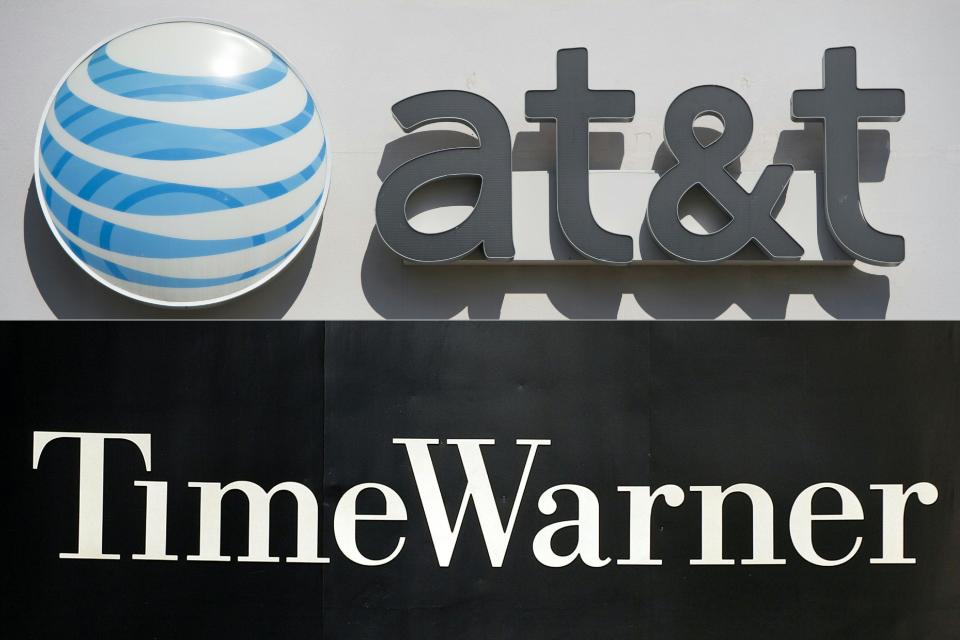At best, the AT&T-Time Warner deal faces a lengthy anti-trust review

AT&T (T) has announced its plan to acquire Time Warner (TWX) for $85.4 billion. But the road to an acquisition may not be smooth due to potential anti-trust concerns over what amounts to one of the largest transactions ever conducted by a telecommunications company to acquire content.
“The FCC and DOJ have historically highlighted concern that the vertical integration of content owners (in this case Warner Bros., Turner, and HBO) with distribution platforms (DirecTV/AT&T) may result in harmful effects for consumers,” Credit Suisse analyst Omar Sheikh pointed out.
One of the more recent notable examples? The joint venture between Comcast (CMCSA) and NBC Universal, which was initially announced in December 2009. Although the Department of Justice Antitrust Division and the Federal Communications ultimately approved the joint venture in January 2011, the FCC pined over a number of factors, including whether the combined company would wield control over video programming on NBC’s broadcast arm to harm competing video programming distributors by holding back content or raising prices on programming.
According to Sheikh, the FCC also investigated whether a combined Comcast-NBC Universal organization would use its control over programming, broadband or set-top boxes to somehow harm online rivals or use control over video distribution to deny unaffiliated video programmers access to subscribers or impose unreasonable terms for distribution on their platforms.
“At best, we believe a lengthy anti-trust review of T/TWX with an uncertain outcome may give both sides pause on considering a combination,” Sheikh concluded. “At worst, it may act as a barrier to a deal being proposed, in our view.”
—
JP Mangalindan is a senior correspondent for Yahoo Finance covering the intersection of tech and business. Follow him on Twitter or Facebook.
More from JP Mangalindan:
Salesforce boss: CEOs are afraid to know how much their female employees make
Silicon Valley has never been more politicized
How Pinterest can justify its $11 billion valuation and set itself up for an IPO
Sean Parker’s startup just unveiled a tool to help you be a smarter voter
Apple isn’t the only giant U.S. company being scrutinized for its overseas taxes
